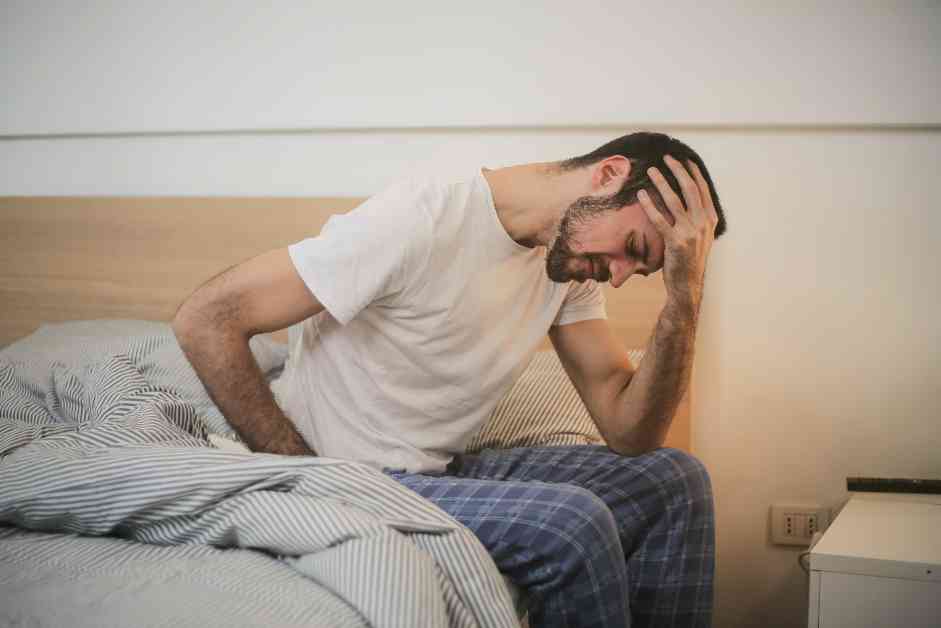Headache, dry mouth, feeling nauseous: all ‘normal’ symptoms of a hangover (if a hangover can be called normal). But some people also experience hangxiety, which is largely a mental symptom rather than physical. So, what is hangxiety and how many people have it?
Hangxiety is a combination of the words hangover and anxiety. In simple terms, it is a feeling of anxiety that arises when you have a hangover, often because you are worried about what exactly happened the night before. Maybe you don’t remember everything and you are strongly wondering if you said or did something strange.
It’s important to know that hangxiety is not a real disorder like borderline or narcissism. Hangxiety typically does not last longer than two days. Sometimes it can help to ask a friend you drank with about what happened. Usually, they can reassure you.
In addition to an anxious feeling and the regular symptoms of a hangover, hangxiety sometimes comes with:
• An increased heart rate
• An increased amount of cortisol
• A higher blood pressure
According to Marjolein van Zutphen, who works at Psycholoog.nl and has studied this topic, hangxiety occurs in about 20 percent of people. People who already suffer from depression, anxiety disorders, or are naturally anxious or stressed are more susceptible to hangxiety.
Alcohol itself is the reason why this anxiety arises after drinking. This is partly because alcohol is a drug that relaxes you. When you drink alcohol, the production of glutamate is inhibited. But when the alcohol wears off, your brain wants to produce more glutamate to rebalance things, leading to anxious feelings. Additionally, when you drink alcohol, you produce less noradrenaline, the hormone responsible for your fight-or-flight response. When you stop drinking, the production of this hormone increases again.
If you find yourself experiencing hangxiety frequently, cutting back on alcohol is the first step you can take. But what if you are in the midst of an anxious phase now? Stay calm and try to accept the anxiety. Worrying about the anxiety itself only makes it worse. Also, focus on recovering from your hangover: drink plenty of water, eat healthily, and take a walk outdoors. Meditation can also help calm your thoughts.
And as mentioned, you can always call a friend to ask what exactly happened the night before. Did you really behave as oddly as your mind tells you, or was it not as bad as you thought? Chances are, it wasn’t as bad as you imagined, so you can stop the endless questioning.
If you struggle with alcohol, this could be the reason.
4 sexologists share the sex trends they notice: ‘More erection problems due to frequent masturbation and porn’





















